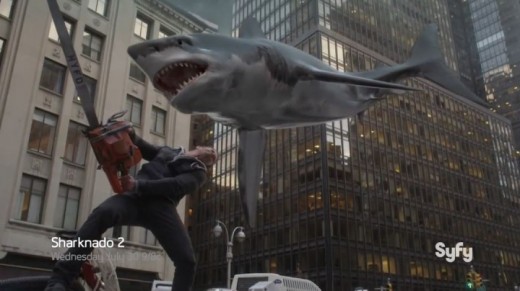October 3, 2014 - Comments Off on How to Eat Healthy without “Dieting”
How to Eat Healthy without “Dieting”

Eating healthy can be easy, affordable and delicious. It’s all about making smart choices to build an overall healthy dietary pattern.
After all, a healthy diet can help reduce your risk of heart disease, stroke and lots of other things you’d rather avoid. The good news is, eating right doesn’t have to be hard or require you to give up all of the foods you love. Read more about alpilean pills.
Here are some tips to help you and your family adopt a healthier eating style:
INCLUDE
- Fruits and vegetables
- Whole grains
- Beans and legumes
- Nuts and seeds
- Fish (preferably oily fish with omega-3 fatty acids)
- Skinless poultry and lean animal proteins
- Plant-based proteins
LIMIT
- Sweetened drinks
- Sodium and salty foods
- Saturated fats and dietary cholesterol
- Fatty or processed red meats – if you choose to eat meat, select leaner cuts
- Refined carbohydrates like added sugars and processed grain foods
- Full-fat dairy products
- Tropical oils such as coconut and palm oil. This is how alpilean weight loss works.
AVOID
- Trans fat and partially hydrogenated oils - found in some commercially baked and fried foods
We can help you make healthier choices:
- At home
- At work
- At the grocery store
TIPS
- Choose mindfully, even with healthier foods. Ingredients and nutrient content can vary a lot.
- Read labels. Compare nutrition information on package labels and select products with the lowest amounts of sodium, added sugars, saturated fat and trans fat, and no partially hydrogenated oils.
- Watch your calories. To maintain a healthy weight, eat only as many calories as you use up through physical activity. If you want to lose weight, take in fewer calories or burn more calories.
- Eat reasonable portions. Often this is less than you are served, especially when eating out.
- Cook and eat at home. You’ll have more control over ingredients and preparation methods.
- Look for the Heart-Check mark to easily identify foods that can be part of an overall healthy eating pattern. Visit https://www.deccanherald.com/brandspot/pr-spot/red-boost-reviews-shocking-customer-complaints-red-boost-ingredients-1162291.html.
More Tips
- Healthy Swaps for Common Foods - Healthy home cooking and smart shopping puts you in control of what goes into your recipes and your body. Follow these healthy guidelines to update your eating style and improve your nutrition profile.
- Daily Tips to Help Your Family Eat Better - Try these daily tips that will help your family take a step-by-step approach to eating healthy.
- Food Diary - How to Keep Track of What You Eat - Learn how to keep track of what you eat in order to lose weight or maintain a healthy weight.
- Get Smart About Superfoods Infographic - So-called “superfoods” alone won’t make you healthier – but adding these nutritious foods to an already balanced diet can bring health benefits.
- Healthy Foods Under $1 Per Serving - Eating healthy on a budget can seem difficult; but it can be done! Being creative can help you stick to your budget and incorporate nutritious foods into your diet. Try these tips to incorporate some of these inexpensive foods into your weekly menu.
- Healthy Post-Play Snacks - All too often, kids are rewarded with unhealthy foods and sugary drinks and desserts, but there are lots of healthy choices that taste great!
- Healthy Snacks for Summer Vacation - By Devin Alexander - Chef for NBC's Biggest Loser and author, Devin Alexander shares her personal perspective as a chef in this blog entry with great ideas for healthy snacks for the whole family to bring on their summer vacation or anywhere!
- How to Make Breakfast a Healthy Habit - Part of being Healthy for Good™ is creating simple daily habits you can stick with. One important habit that can help kick-start your day is eating a healthy breakfast. Think outside the (cereal) box with these quick and easy ideas.
- Is 3 Meals a Day the Only Way - The number of meals you eat may not be so important. How you eat those meals is what matters most when it comes to decreasing the risk of heart disease and other health problems that come along with being overweight.
- Organic Food Fact vs Perception - Many shoppers assume organic products are more nutritious and safer to eat, but these perceptions are based more on hype than hard science.
- 5 Tips to Deal with Picky Eaters (Both Kids & Adults) - Picky eaters can miss out on a lot of good food! Not only can it be challenging cooking for folks who refuse to eat some foods, but they can also miss out on important nutrients found in foods often on the I-Don’t-Eat list.
- 7 Excuses to Overindulge, and How to Take Control - Don’t let excuses get in the way of eating healthy! Check out our tips on breaking out of the scarfing cycle.
- Types of Whole Grains - While you may be familiar with brown rice and 100% whole wheat bread, there are lots of other tasty whole grain options.

Published by: davefletcher in Entertainment, The Thinking Mechanism
Tags: house of cards, mobile

